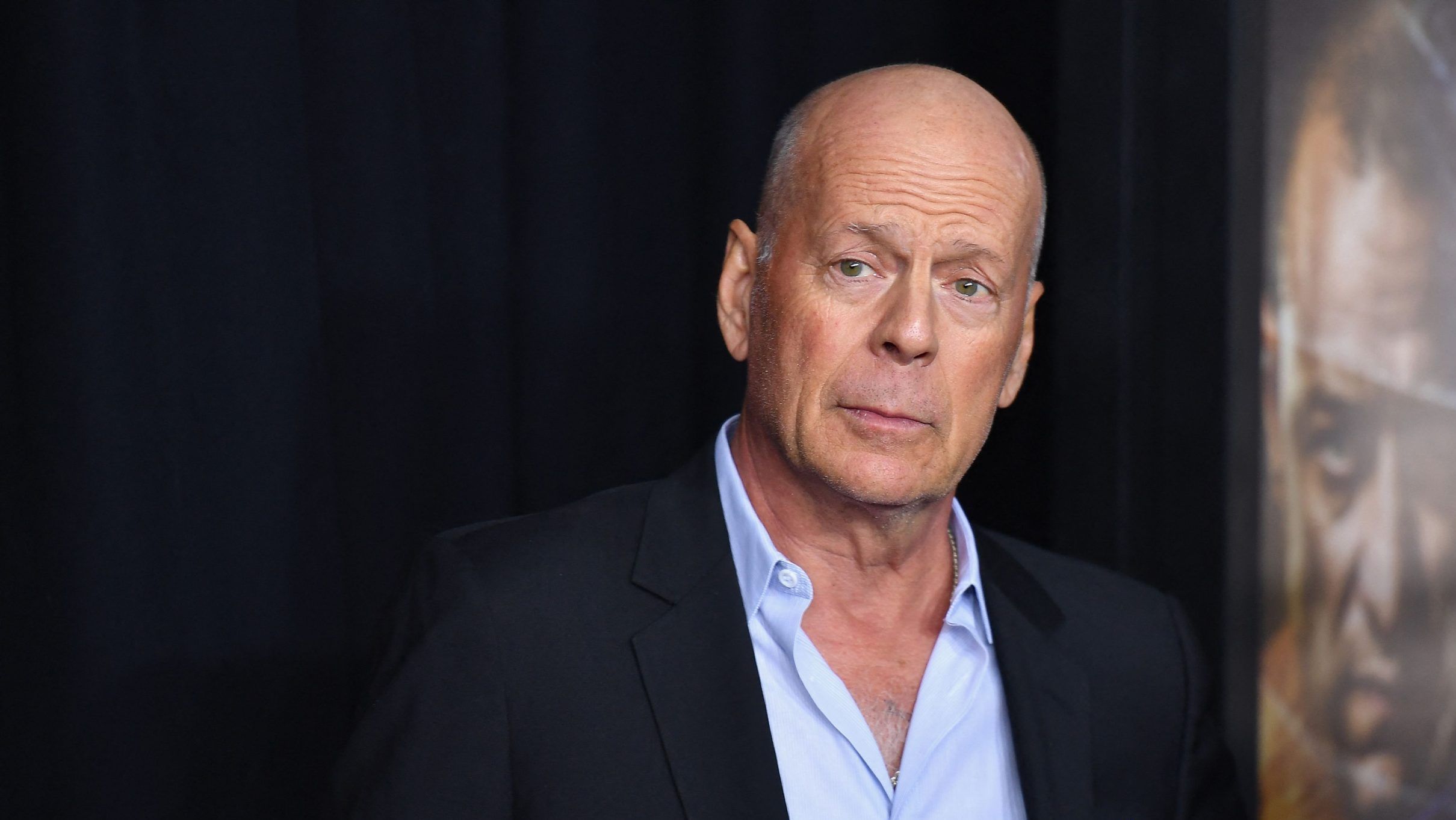diagnosed with glioblastoma at 47: 'a brain cancer diagnosis can bankrupt families'
adam fanaki lived with aggressive brain cancer for three and a half years, surpassing the typical 15 to 18 month survival rate.
more needs to be done for metastatic breast cancer patients, says cancer advocacy group
her2-positive breast cancer is more aggressive and more likely to spread than other breast cancers, but ongoing research and access to innovative treatments can help
having trouble finding the right words is just one sign of aphasia
if you care for someone with aphasia, which affects a person's ability to express themselves using words, there are ways to make communication easier.
 5 minute read
5 minute read









